Tusna Expectorant
₹51.39*
MRP ₹57.1
10% off
₹48.53*
MRP ₹57.1
15% CB
₹8.57 cashback(15%)
Free Delivery
With Circle membership
(Inclusive of all Taxes)
This offer price is valid on orders above ₹800. Apply coupon PHARMA10/PHARMA18 (excluding restricted items)
Know Your Delivery Time
Provide Delivery Location

Whats That

Secure Payment

India's Most Trusted Pharmacy

Genuine Products
Composition :
Manufacturer/Marketer :
Consume Type :
Return Policy :
About Tusna Expectorant
Tusna Expectorant belongs to the class of medicines called ‘expectorants’ primarily used to treat cough associated with mucus. Coughing (dry or productive) is a body’s way of clearing irritants (like allergens, mucus, or smoke) from airways and preventing infection. There are two types of coughs, namely: Dry cough and chesty cough. A dry cough is tickly and doesn't produce any vicious or thick mucus, while a chesty cough (wet cough) means mucous or sputum is produced to help clear your airways.
Tusna Expectorant is a combination of two drugs, namely: Guaifenesin (expectorant) and Bromhexine (mucolytic agent). Guaifenesin belongs to the class of expectorants that works by loosening the congestion in the chest and throat, making it easier to cough out through the mouth. On the other hand, Bromhexine belongs to the class of mucolytic agents (cough/sputum thinner) that works by thinning and loosening phlegm (mucus) in lungs, windpipe, and nasal passage thereby, helping to cough out easily.
Take Tusna Expectorant as prescribed. Your doctor will recommend how often you take Tusna Expectorant based on your medical condition. Some people may experience nausea, vomiting, drowsiness, headache, dizziness, skin rash, stomach upset, and diarrhoea. Most of these side effects of Tusna Expectorant do not require medical attention and gradually resolve over time. However, if the side effects persist or worsen, please consult your doctor.
If you are allergic to Tusna Expectorant or any other medicines, please tell your doctor. If you are pregnant or breastfeeding, it is advised to inform your doctor before using Tusna Expectorant. Tusna Expectorant should be used with caution in children below 6 years. Drink plenty of fluids while taking Tusna Expectorant to loosen mucus. If you have stomach ulcers, asthma, phenylketonuria (a congenital disability that causes accumulation of amino acid, or phenylalanine in the body), or kidney or liver problems, inform your doctor before taking Tusna Expectorant.
Uses of Tusna Expectorant
Medicinal Benefits
Tusna Expectorant is a combination of two drugs, namely: Guaifenesin (expectorant) and Bromhexine (mucolytic agent). Guaifenesin belongs to the class of expectorants that works by loosening the congestion in the chest and throat, making it easier to cough out through the mouth. On the other hand, Bromhexine belongs to the class of mucolytic agents (cough/sputum thinner) that works by thinning and loosening phlegm (mucus) in lungs, windpipe and nasal passage thereby, helping to cough out easily. Tusna Expectorant does not cough sedation or sleepiness like other codeine containing cough syrups.
Side Effects of Tusna Expectorant
- Nausea
- Vomiting
- Drowsiness
- Headache
- Dizziness
- Skin rash
- Stomach upset
- Diarrhoea
Directions for Use
Storage
Drug Warnings
If you are allergic to Tusna Expectorant or any other medicines, please tell your doctor. If you are pregnant or breastfeeding, it is advised to inform your doctor before using Tusna Expectorant. Tusna Expectorant should be used with caution in children below 6 years. Avoid using Tusna Expectorant if you are suffering from stomach ulcers as it may worsen the condition. Drink plenty of fluids while taking Tusna Expectorant to loosen mucus. If you have stomach ulcers, asthma, phenylketonuria (a birth defect that causes accumulation of amino acid, phenylalanine in the body), kidney or liver problems, inform your doctor before taking Tusna Expectorant.
Therapeutic Class
Diet & Lifestyle Advise
- Avoid dairy products such as milk as it may increase mucus production. Also, avoid processed or refined foods to have relief from cough. Instead replace baked foods, fried foods, white bread, white pasta, French fries, sugary desserts, and chips with green leafy vegetables.
- Drink plenty of fluids to avoid dry throat while you have a cough and loosen mucus.
- Avoid citrus fruits as they may worsen the cough. Eat fruits rich in water content such as pears, watermelon, peaches, and pineapples.
Habit Forming
How Tusna Expectorant Works
What if I have taken an overdose of Tusna Expectorant
Alcohol
Caution
Interaction of alcohol with Tusna Expectorant is unknown. Please consult a doctor before consuming alcohol with Tusna Expectorant.
Pregnancy
Caution
The safety of Tusna Expectorant in pregnant women is unknown. Therefore, it is given to pregnant women only if the doctor thinks benefits outweigh risks.
Breast Feeding
Caution
It is unknown whether Tusna Expectorant is excreted in human milk. Tusna Expectorant is given to breastfeeding mothers only if the doctor thinks benefits are greater than risks.
Driving
Caution
Tusna Expectorant may cause dizziness or drowsiness in some people. Therefore, drive only if you are alert after taking Tusna Expectorant.
Liver
Caution
Take Tusna Expectorant with caution, especially if you have a history of Liver diseases/conditions. The dose may be adjusted by your doctor as required.
Kidney
Caution
Take Tusna Expectorant with caution, especially if you have a history of Kidney diseases/conditions. The dose may be adjusted by your doctor as required.
Children
Caution
Tusna Expectorant should be used with caution in children if prescribed by a doctor.
Country of origin
Author Details
We provide you with authentic, trustworthy and relevant information








